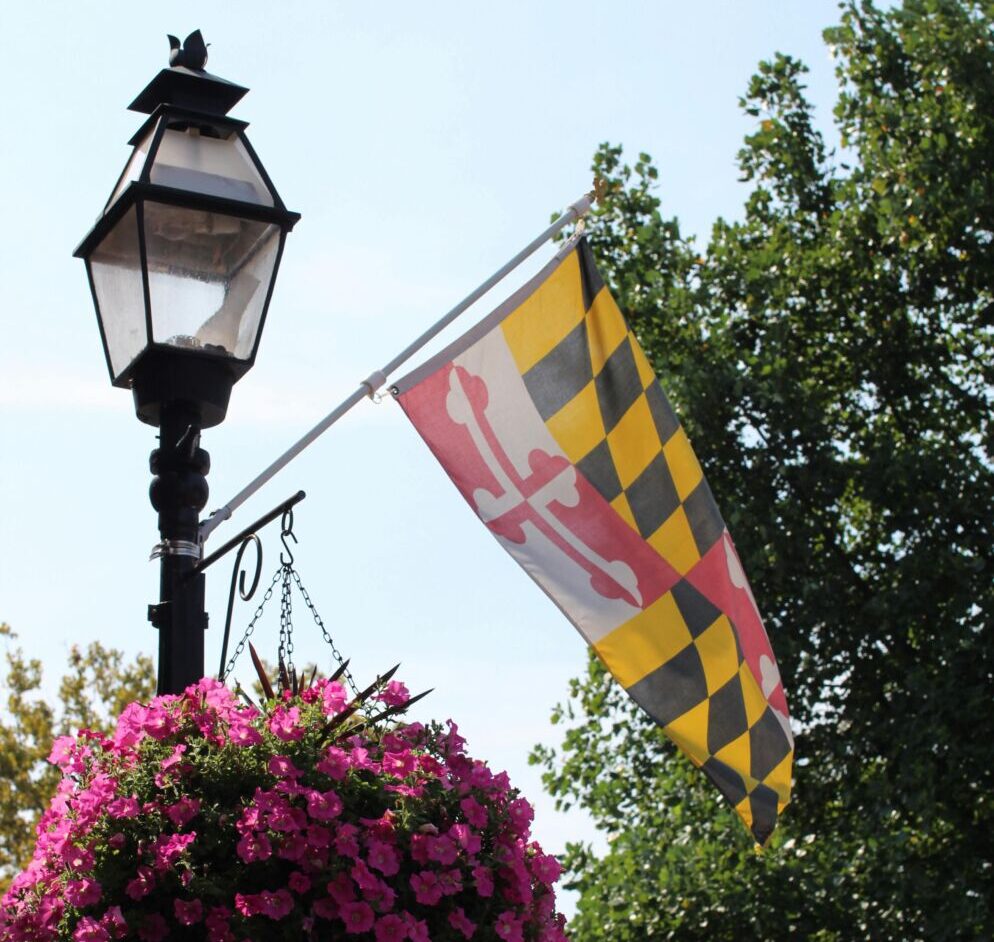
New laws passed by the Maryland General Assembly are set to go into effect Wednesday, Oct. 1. Some of them concern new rights and restrictions for parents and families.
Here’s an overview of what will change in child custody and support, child safety, employment-related laws for parents and more. Find a full list of Maryland’s 463 new laws effective Oct. 1 here.
Child Custody and Support
- The definition of “adjusted actual income” has been changed by HB 275, which requires parents to subtract an allowance from their income for every child they have to support. This new policy will affect how much parents have to pay in child support by providing some flexibility if they have other children they need to take care of. Another child support-related bill, HB 261, prioritizes child support payments over other charges in the case of an involved party who doesn’t have the means to make all of their payments.
- HB 881 adds a requirement that all child support received in a month must go to a family seeking assistance under the Family Investment Program, and that child support cannot be factored into whether a family receives additional assistance. Families receiving FIP assistance will be able to keep more of the child support they receive, and this will not affect other forms of financial assistance they are receiving.
- One of the most noteworthy custody-related laws is HB 1191, which establishes a list of 16 factors that judges must consider in custody cases, including the child’s stability and safety. Having a standardized list means that parents pursuing custody-related cases will know what judges will be considering in their verdicts, and judges and lawyers will have to depend less on laws established in prior cases.
Safety-Related Legislation
- Multiple laws have been passed meant to prevent child abduction. Both HB 497 and SB 400 forbid the use of certain restraints when picking up children to attend residential child care programs, as well as forbidding transportation companies from picking up children for these programs between 9 p.m. and 6 a.m. This law would primarily affect certain “Troubled Teen Industry” programs, where staging an abduction of a child with parental consent is a common but controversial practice that can cause mental distress and physical injury.
- Another safety-related law, HB 1209, requires directors of local social services to disclose reports of child abuse and neglect within a 30-day period after those reports are requested. The State’s Attorney’s office will be given 30 days in which it is authorized to redact portions of these reports if they contain sensitive information that would affect other child abuse investigations. Information about the person who made the report and the people involved in the abuse will also not be disclosed for safety reasons.
Work-Related Legislation
- SB 785 excludes employers covered by the Family and Medical Leave Act from having to provide their employees with six weeks of maternity leave. The difference is that companies with 15 to 49 employees are covered by the Parental Leave Act and are required to set aside paid leave for these employees. Companies with more than 50 employees, though, are eligible for the Family and Medical Leave Act, so this legislation clarifies that the Parental Leave Act does not apply to them.
- HB 102 once again delays Maryland’s paid Family and Medical Leave Insurance (FAMLI) program, which has had a challenging road to its implementation. The program is meant to provide employees with up to 12 weeks of paid leave for medical or family purposes, but its launch has been continually delayed by new legislation over the years. Initially meant to start accepting contributions and funding in 2023, HB 102 moves that date to Jan. 1, 2027, with benefits likely starting in January 2028. Given the amount of obstacles that FAMLI has faced, though, it remains to be seen if the program will be delayed again.
Additional Laws
- HB 1440 requires circuit courthouses that are built or renovated starting in October 2025 to have private lactation rooms to be used by breast-feeding parents or caregivers, and stipulates that these individuals can also be excused from jury service.
- HB 415 establishes the Family Literacy Pilot Program, which is meant to encourage literacy and connect incarcerated parents with their children. Incarcerated individuals will be able to record themselves reading aloud to their children, with those recordings delivered to their families.
- HB 859 requires the Maryland Health Benefit Exchange to promote health insurance to child care professionals, as well as conducting a survey about access to health insurance in the childcare industry.
- SB 182 expands the Maryland Veterans Service Animal Program, granting access to service animals to the spouse, children and other dependents of veterans eligible for the program.








